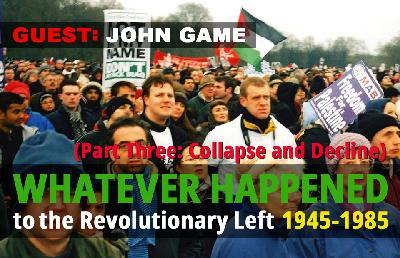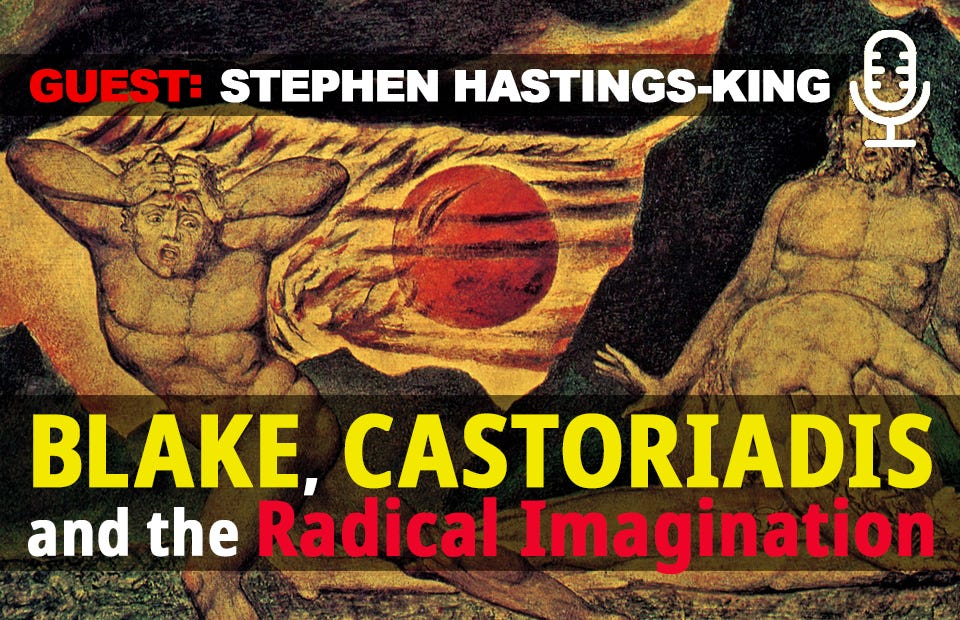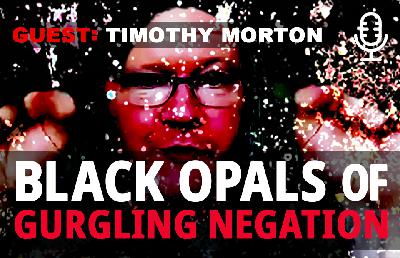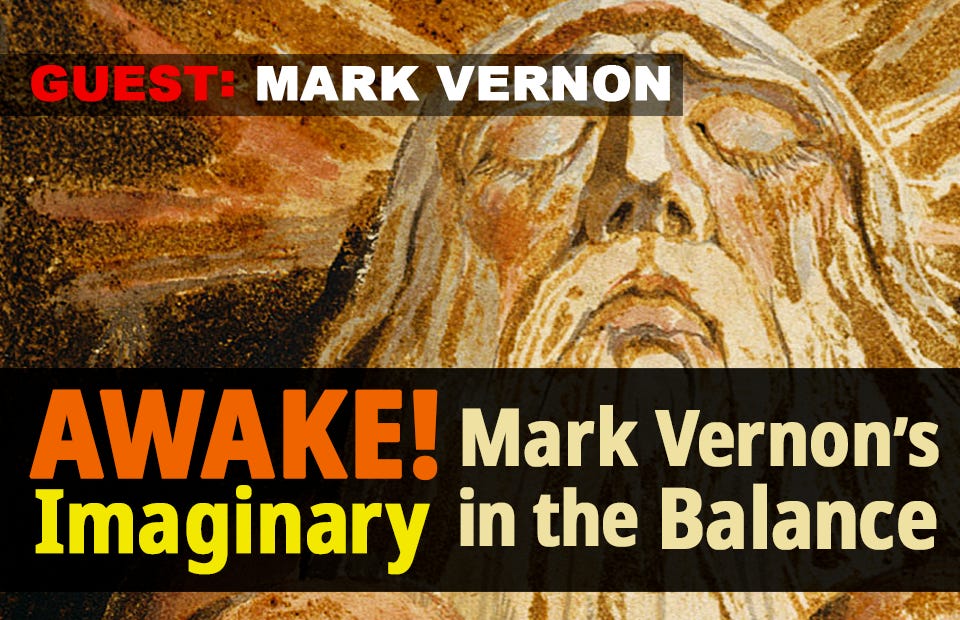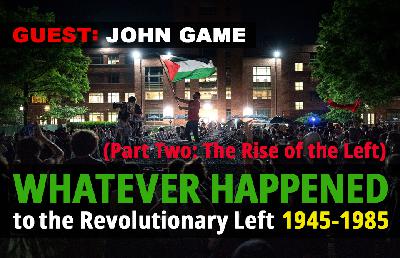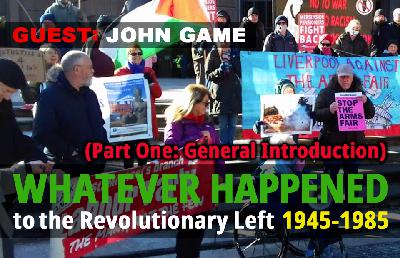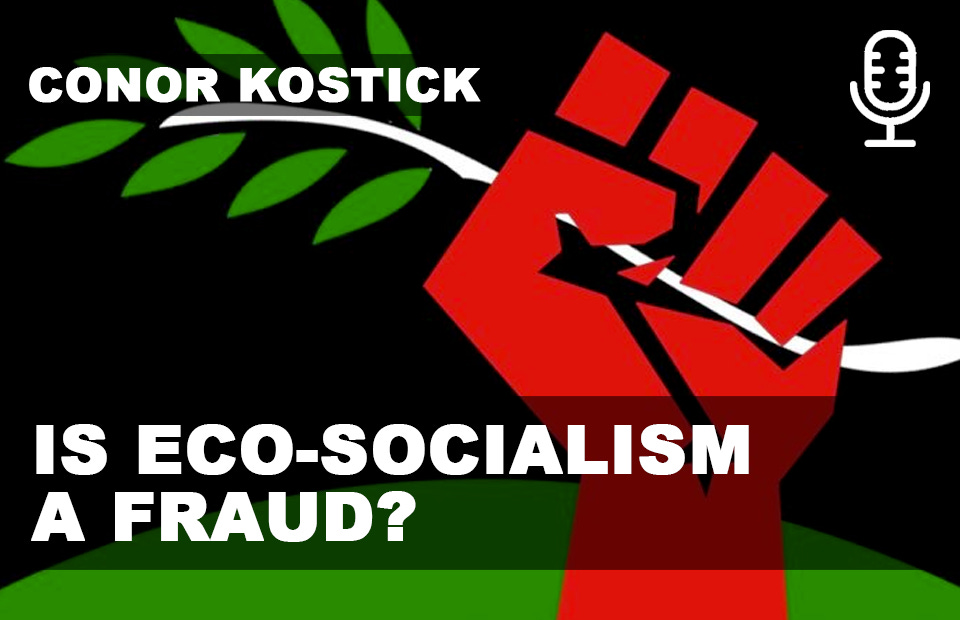Whatever Happened to the Revolutionary Left #3: From Workerism to Broke, 1945-1985 (Part Three: Collapse of the SWP and Decline of the Far Left)
Description
The Bloom Had Gone #1
Our generation’s illusions are lived ones.John Game
How the right appropriated what were once left wing causes – ‘no forever wars’ for ‘anti war’, ‘anti-globalism’ for opposition to neo-liberal globalisation and hostility to ‘elites’ for hostility to capitalism – is what led some on the left to believe that even in a period of unprecedented right wing reaction this was still their era. This ignores two things. Firstly, that the terminological shifts matter and have real content. ‘No Forever wars’ ‘globalism’ and ‘the elite’ stand for a conspiratorial worldviews as much as what they claim to stand against. Parochialism, ‘multi-cult’ and hatred of all liberal and progressive values at home and abroad are the real content of this stuff and they are at least as popular with the right’s base as the more left-wing concerns they appear to shadow.
There is much that needs to be re-thought after a few decades where analysis was replaced with a strange doctrine of eternal return where every battle was treated as the occasion for the resurrection of old socialist slogans. A strange form of idealism where idealism was dressed up as materialism in an endless nostalgia for yesteryear’s battles, which eventually replaced the present in our own minds.
Fans of the dialectic might enjoy the irony of a defeat for neo-liberal globalisation being the greatest defeat for the left and progressive values seen since the 1930s, where hope lies with the stock exchange putting some manners on right-wing politicians. But perhaps these dialectical paradoxes point to the completely false perspectives we’ve carried around for more than three decades.
The power of the past hangs like a nightmare on the brain. And this was particularly true of older collectives of intellectuals on the left. The tragedy is that you need collectives and collaboration to work out new forms of politics. Today, there is almost nothing like that that doesn’t simply consist of repetition or self-affirmation.
In some ways, this is the material basis for the revival of campism. All through the noughties as we built opposition to war and Islamophobia, UKIP was growing. The infiltration of the left by reactionary discourse was the blurring of distinctions between right-wing forms of isolationism and left internationalism, which happened because people overestimated their own influence and vastly underestimated the growth of KIPper discourse. This was seen clearly with the increasing difficulties in even being able to mobilise against the EDL effectively. By the next decade Stop the Wars’ talking points on Ukraine to Syria were almost indistinguishable from the right’s weird mix of conspiracy theory and parochialism. This is the real story. George Galloway was only the clearest example of this degeneration.John Game, 2025-04.
Now what is happening around the Greenham Common women is tokenism. You can’t just say they are feminists, or separatists. That is not the real reason for their actions. We have to ask why tokens come to the front. Tokens come to the centre when there are not any real forces to solve the problem… Tokenism is at the centre of the downturn here. The trouble is it does a fantastic amount of damage.Tony Cliff, ‘Building in the Downturn’, speech to SWP National Committee, 1983.
The Collapse of the SWP and Decline of the Far Left
John and Andy discuss the growth of the Socialist Workers Party (SWP) in the 1980s, the party's response to the miners' strike defeat, and the shift in international perspective from "Neither Washington nor Moscow" to a more anti-American stance. They also reflected on the history of the revolutionary left in Britain, the aftermath of 9/11, the formation of the Respect party, and the legacy of the Russian Revolution. They discuss the history and internal dynamics of the SWP, the economic and social transformations in India during the 1980s and 1990s, and the rise of right-wing populism in India.
The discussion concludes with John and Andy reflecting on their past involvement with the Socialist Workers Party (SWP) and their current views on Marxism and the legacy of the Russian Revolution. John expresses his belief that the Bolshevik revolution was disastrous for the left, as it severed the connection between communism and democracy. He argues that the repression began almost immediately after the revolution, contrary to common narratives. Both John and Andy acknowledge the need for a more nuanced and critical understanding of socialist history, particularly regarding the Soviet Union and its impact on Eastern Europe. They suggest that the traditional Marxist framework is no longer adequate for addressing contemporary issues like environmentalism.
The End of the Miners’ Strike
SWP's Growth and Political Shifts
John and Andy discuss the growth of the Socialist Workers Party (SWP) in the 1980s despite the grim political climate. They explore themes like the party's response to the miners' strike defeat, the shift from industrial militancy to a focus on building the party, and the transition in international perspective from ‘Neither Washington nor Moscow’ to a more anti-American stance. They analyse how the SWP adapted its strategy and rhetoric during this period of change in left-wing politics. The discussion will cover the party's growth, internal dynamics, and eventual decline, while also touching on broader trends affecting the revolutionary left.
Andy and John discussed the history of the revolutionary left in Britain, focusing on the period after the defeat of the miners' strike in 1985. They highlighted the paradox of the 1980s, where, despite the grim situation, the Socialist Workers Party (SWP) grew in membership. They attributed this growth to the general political polarisation created by Thatcher, the desire for ideological resistance, and the SWP's ability to relate to a highly political situation. They discussed the shift in the SWP's approach, from defending past positions and the centrality of the working class to addressing political questions and being tribunes of the oppressed. However, they note that this shift led to a culture of unanimity and voluntarism, which became problematic. They touch on the SWP's involvement in the Respect coalition, which they saw as a manifestation of the organisation's problems.
1983-85: Liverpool Council
The Poll Tax
The SWP were late to the Anti-Poll Tax campaign, having started by insisting on the need for council workers to take action to defeat the tax, they took a while to join in with the Militant-led campaign on community non-payment.
Stop the War Coalition (StWC)
StWC was established on 21 September 2001 to campaign against the impending war in Afghanistan. It then campaigned against the impending invasion of Iraq. StWC never clarified the basis of the anti-war movement, which increasingly was explained in conspiratorial terms shared by the far right, with their talk of ‘forever wars’.
Just a Little Respect
In 2004 the SWP decided to gamble everything on an alliance with George Galloway, with whom they formed the Respect Party.
Respect Party and Anti-War Sentiment
The discussion covers the aftermath of 9/11 and the formation of the Respect party in the UK. John explains that Respect was presented as a way to capture anti-war sentiment, particularly among Muslim voters, but in reality was about avoiding allying with more militant anti-war activists. He notes that while some criticised Respect for making too many concessions to Muslims, he is proud they stood up to Islamophobia. John observes that during this period, many on the left had an overly charitable view of the Socialist Workers Party (SWP) leadership and failed to recognise the rise of UKIP and the far right. The conversation touches on broader shifts in left-wing politics following the fall of the Soviet Union, with anti-Americanism becoming a dominant framework. John argues this led to conspiratorial thinking and a failure to properly analyse events like the Arab Spring.
The Delta Rape Case and the Splits in the SWP
In 2013 it emerged that the SWP Central Committee had buried accusations of rape against their National Secretary, Martin Smith. Huge numbers of members flooded out of the organisation to create the groups, the IS Network and RS21. Neither of these made a significant break with SWP politics: the ISN soon floundered, while RS21 maintains a ghost life not unlike that of its parent organisation..
The Bloom Had Gone #2
The bloom had gone off radical left politics long before the collapse of the Soviet Union. The crisis of Social Democracy was visible from the early 1970s. The developmentalist state of various nationalist socialisms was well in train even by the period of the late African decolonisations of the time. The revolutionary left survived mainly as the radical edge of (distinctly non-revolutionary) battles against the restructuring of capital as the old models began to disintegrate. These battles formed my own politics, so I’m far from condescending concerning them. But it was the fag-end of a series of defeats and disorientations which had their roots a decade earlier. ‘Actually existing socialism’ had been dead as any source of real ideological inspiration to anyone other than its opponents since the tanks rolled into Prague in 1968, abolishing forever any illusions in the possibility of a rejuvenation of the Soviet system as a post-Stalinist ‘socialism with a human face’. In China, any illusions in ‘the Cultural Revolution’ were ditched even

